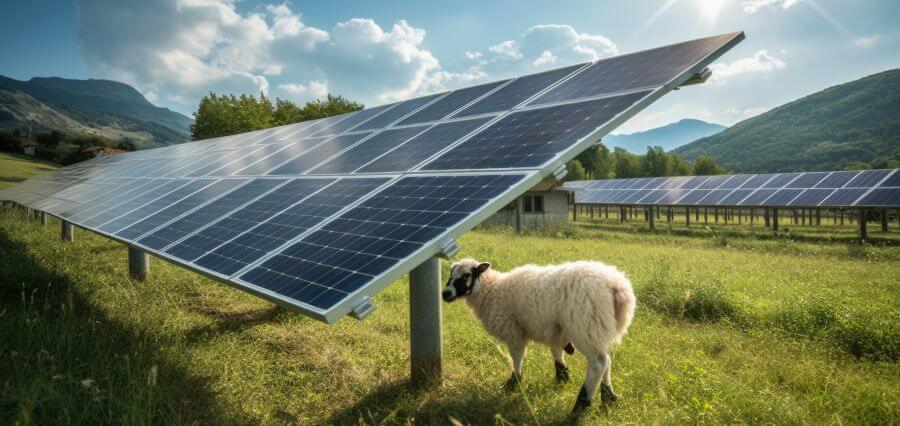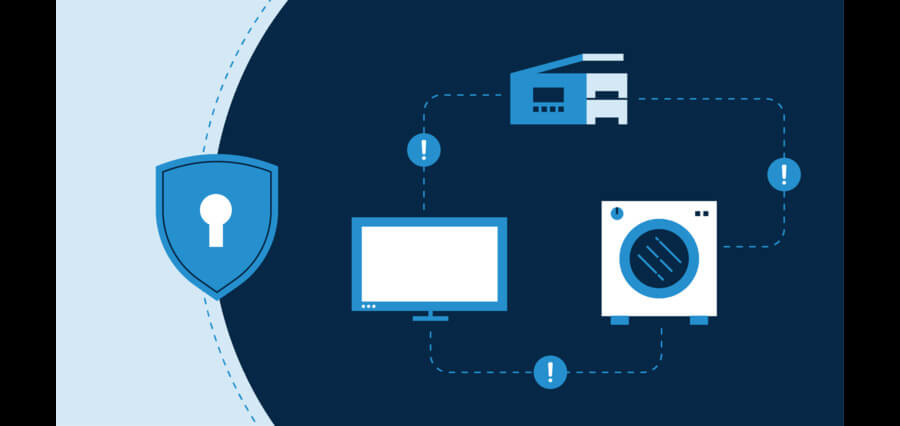The Irish government has launched the second phase of the Small-Scale Renewable Electricity Support Scheme (SRESS), offering farmers, renewable energy community groups, and small and medium-sized enterprises (SMEs) support for the deployment of small-scale renewable electricity generators. Under the scheme, farmers can receive up to €130/MWh for exporting renewable energy.
The SRESS complements the micro-generation supports for small projects and competitive auctions for larger projects under the auction-based Renewable Electricity Support Scheme (RESS). It aligns with the Climate Action Plan’s targets of up to 5GW of solar by 2025, 8GW by 2030, at least 500MW of local community-based renewable energy projects, and increased levels of new micro-generation and small-scale generation.
The tariffs available under the SRESS, with a 15-year support lifetime for successful applicants, are as follows:
- Solar PV up to 1MW: €150/MWh for communities, €130/MWh for SMEs and farmers
- Solar PV greater than 1MW and up to 6MW: €140/MWh for communities, €120/MWh for SMEs and farmers
- Wind energy up to 6MW: €90/MWh for communities, €80/MWh for SMEs and farmers
Under the scheme, a farmer, developer, or community will enter into a power purchase agreement (PPA) with a registered electricity supplier, receiving a premium on the market revenues for their renewable electricity. Successful applicants will receive a letter of offer, entitling the electricity supplier to receive SRESS support through the Public Service Obligation (PSO).
All farmers are eligible to apply for the scheme, and those who receive grants under the Targeted Agricultural Modernisation Scheme (TAMS) can still apply, provided the projects are entirely separate. No auction process is required, and the terms and conditions of the scheme are expected to be published in July, with applications opening later this year.
The launch of the second phase of the SRESS was welcomed by the chair of the Micro-Renewable Energy Federation (MREF), Pat Smith. However, Smith raised concerns about the target export tariff rates, which may challenge the economics of many projects, particularly those funded using bank or other forms of debt financing at high interest rates.
Read More: Click Here





